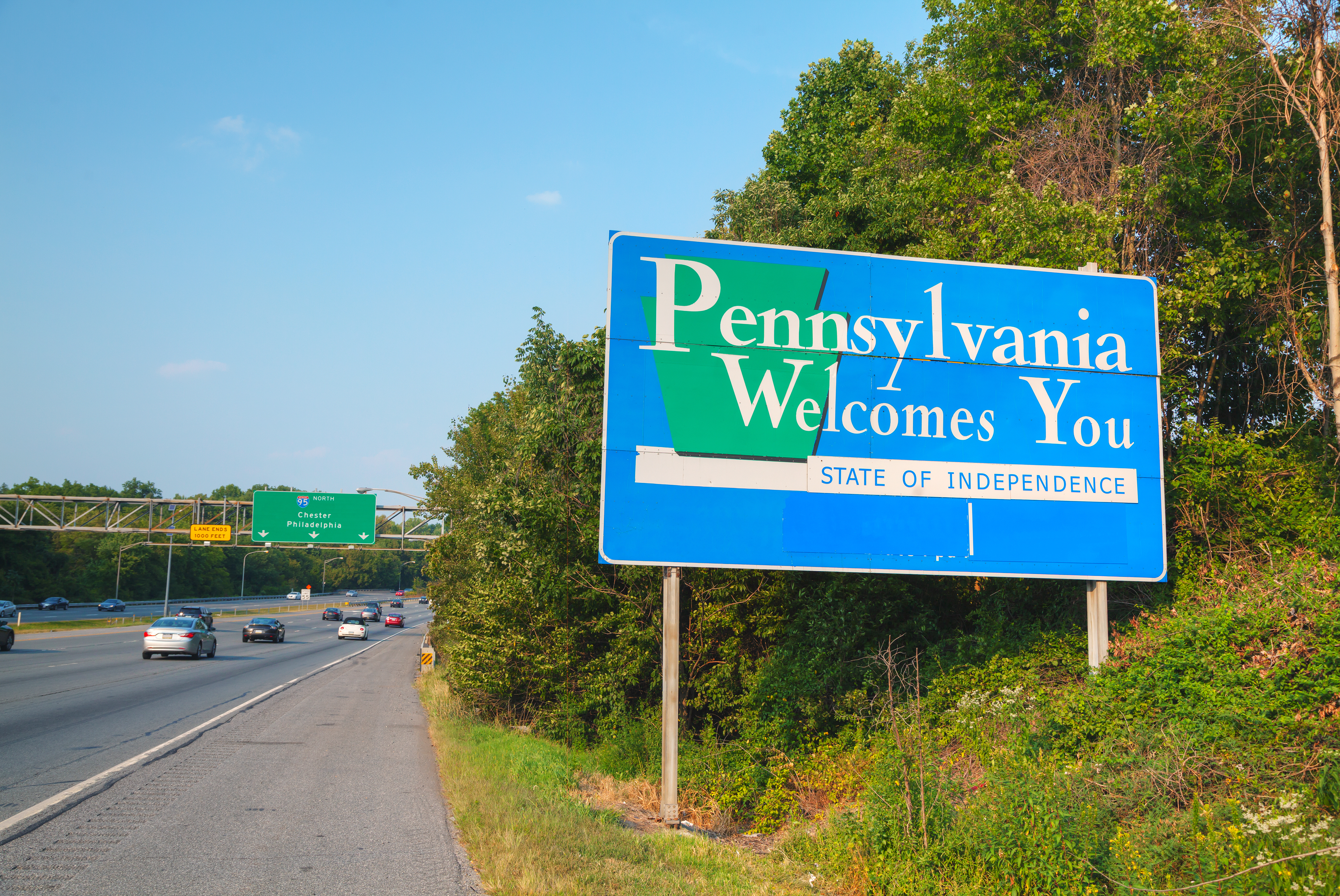
Pennsylvania: A state of immigrants, a state of contributors
In honor of Immigrant Heritage Month, AL DÍA News recognizes the economic impact that foreign-born populations create in Pennsylvania.
Immigrants are not only a significant portion of Pennsylvania’s population, they are also vital contributors to the state’s economy, especially in Philadelphia.
According to a 2017 report from New American Economy (NAE), a nonpartisan national group of more than 500 mayors and business leaders, there are 867,992 immigrants living in Pennsylvania, comprising 6.8 percent of Pennsylvania’s total population. Combined, these immigrants hold $20.2 billion in spending power and pay $7.5 billion in taxes.
Beyond spending money in Pennsylvania, immigrants are also creating businesses. In 2017, there were 51,561 immigrant entrepreneurs in the state, and 143,211 employees at immigrant-owned firms, according to the NAE report.
The study found that, as of 2014, the majority of Pennsylvania’s immigrants (614,660) live in the Philadelphia metropolitan area, comprising 10.2 percent of the region’s population. Here, immigrants paid $6 billion in taxes, held $13.5 billion in spending power, and represented more than 40,000 entrepreneurs.
Comparatively, Pittsburgh’s metro, the second largest in Pennsylvania, had in 2014 about 81,000 immigrants (3.4 percent of the area’s population), paying $918.4 million in taxes with $2.3 billion in spending power and just more than 4,400 entrepreneurs.
According to the 2015 State of the City Report from the Pew Charitable Trusts, the population of Northeast Philadelphia has the highest percentage of immigrants in the city, most of whom were born in Eastern Europe. The two zip codes in the city with the largest foreign-born populations relative to their total populations are both located in the Far Northeast: 19116 (32 percent) and 19115 (29.4 percent), homes to the Somerton and Bustleton neighborhoods, respectively.
Southwest Philadelphia is home to the largest population of African-born residents in the city, according to the report. Here, the 19142 zip code, the location of the Elmwood Park neighborhood, has a population that is 25 percent foreign-born. Meanwhile, neighborhoods in South Philadelphia and the Lower Northeast are home to large numbers of immigrants from Latin America and Asia.
There is no question that immigrants are an entrepreneurial force in the United States, and Latinos in the Philadelphia area are far from an exception.
In November 2017, the Greater Philadelphia Hispanic Chamber of Commerce (GPHCC) hosted the State of Hispanic Business, a symposium dedicated to the current business climate for Latino-owned businesses in the Philadelphia region.
Through research conducted with the help of the Fox School of Business at Temple University, the chamber found that about 75 percent of Latino-owned businesses in the Philadelphia region are owned by immigrants and that the number of immigrants in the region has doubled since 1990.
The entrepreneurial spirit of Latino immigrants in Philadelphia is one that is reflected by Latinos nationally. Citing research conducted by Stanford University, which focused on Latino-owned businesses across the country, GPHCC President and CEO Jennifer Rodríguez affirmed during the symposium that Latinos start businesses at a higher rate than the rest of the population, noting that the number of Latino-owned businesses grew by 40 percent between 2007 and 2012, a time period fraught with widespread economic uncertainty. The number of firms owned by other groups decreased during the same six years.
RELATED CONTENT
“This means that during the Great Recession, while everybody else was closing shop, Latinos were actually building and creating businesses,” Rodríguez said. “Creating jobs.”
It’s important to remember that all Pennsylvanians contribute to the state’s economy contribute to the economy, including those who are undocumented.
It’s a point that has been reinforced by Pennsylvania’s chief financial watchdog, Auditor General Eugene DePasquale, specifically regarding the 800,000 Dreamers in the U.S. who benefited from the Deferred Action for Childhood Arrivals (DACA) program before President Donald Trump abruptly decided to terminate the Obama-era executive order last year.
According to DePasquale, there are roughly 21,000 DACA recipients in Pennsylvania, 5,000 of whom live in the Philadelphia area. While it is difficult to attach an exact number to the economic impact that these Dreamers have in the state, DePasquale estimates that these 21,000 immigrants — workers, taxpayers, innovators — contribute tens of millions of dollars to the state’s economy.
DePasquale has been vocal that U.S. Congress should find a solution for the hundreds of thousands of people left in limbo by Trump’s decision, not only because of Dreamers’ economic impact, but because a DACA reversal “would be such an abandonment of American principles.” When these immigrants came out of the shadows to register with the U.S. government, agreeing to the terms of the DACA program, the nation made them a promise, DePasquale said.
“If we were to go back on that commitment, it would send a black eye to the United States as a whole,” DePasquale told AL DÍA. “It would send a message: we don’t keep our commitments.”
“There needs to be comprehensive immigration reform that I also believe needs to have a path to citizenship,” he continued. “That’s clearly where the policy should go.”
Auditor General DePasquale will be one of the speakers at AL DÍA’s 2018 I am an American Immigrant Reception.











LEAVE A COMMENT:
Join the discussion! Leave a comment.